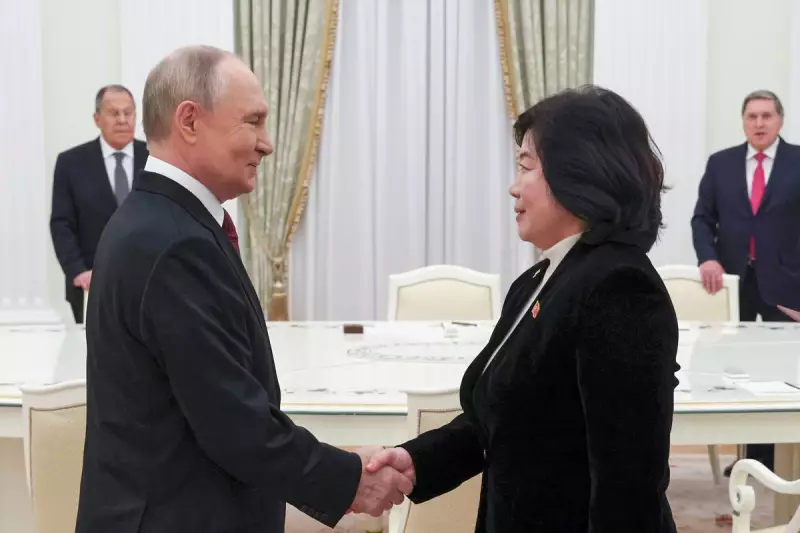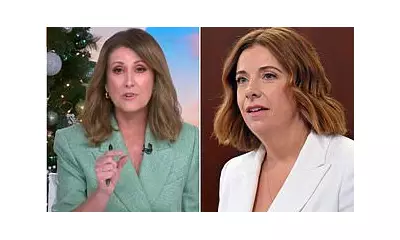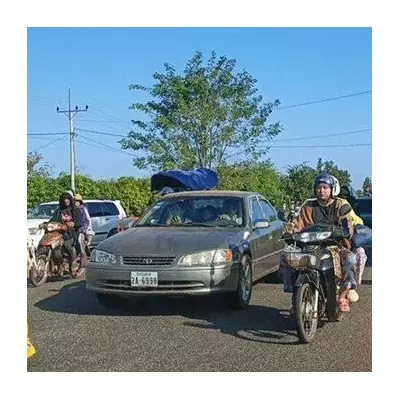
In a dramatic escalation of geopolitical tensions, Vladimir Putin has declared that Russia will sign a comprehensive defence agreement with North Korea, framing the move as a necessary response to Western attempts to "contain" Moscow's global influence.
The Russian president's announcement came during his first visit to Pyongyang in 24 years, signalling a significant realignment of international alliances as Moscow continues to face extensive sanctions over its invasion of Ukraine.
A New Strategic Partnership
Speaking to reporters before his departure, Putin revealed that the prospective agreement would include "security issues" and expressed gratitude to North Korea for its unwavering support of Russian military operations in Ukraine. The pact represents a deepening of military cooperation between two nations increasingly isolated by Western powers.
"The new fundamental document will lay down the prospects for further cooperation and will be signed taking into account what has been achieved between our countries in recent years in the field of international politics and economics," stated Russian Foreign Minister Sergei Lavrov.
Western Containment Claims
Putin justified the emerging alliance by accusing the United States and its allies of pursuing aggressive policies designed to restrict Russia's development. In comments published by the Kremlin, he asserted that Western nations were "creating new threats" through their support for Ukraine and expanding military infrastructure in Asia.
"In Washington, they call their policy towards Russia 'the strategy of containment'," Putin remarked. "But this is containment in an expanded sense – in fact, this is a policy designed to cause damage to our country in every possible way."
International Concerns Mount
The developing Moscow-Pyongyang axis has raised alarm bells across Western capitals, with officials expressing concern about potential arms transfers and shared military technology. The United States has repeatedly accused North Korea of supplying Russia with substantial quantities of artillery shells and ballistic missiles for use in Ukraine.
Both Moscow and Pyongyang have consistently denied these allegations, though security analysts note that the relationship has become increasingly transparent as Russia's international isolation deepens.
This landmark visit underscores Moscow's determined pivot toward alternative power centres as traditional diplomatic channels with Europe and the United States remain frozen. The defence pact with North Korea represents one of the most significant realignments in global security architecture since the beginning of the Ukraine conflict.





